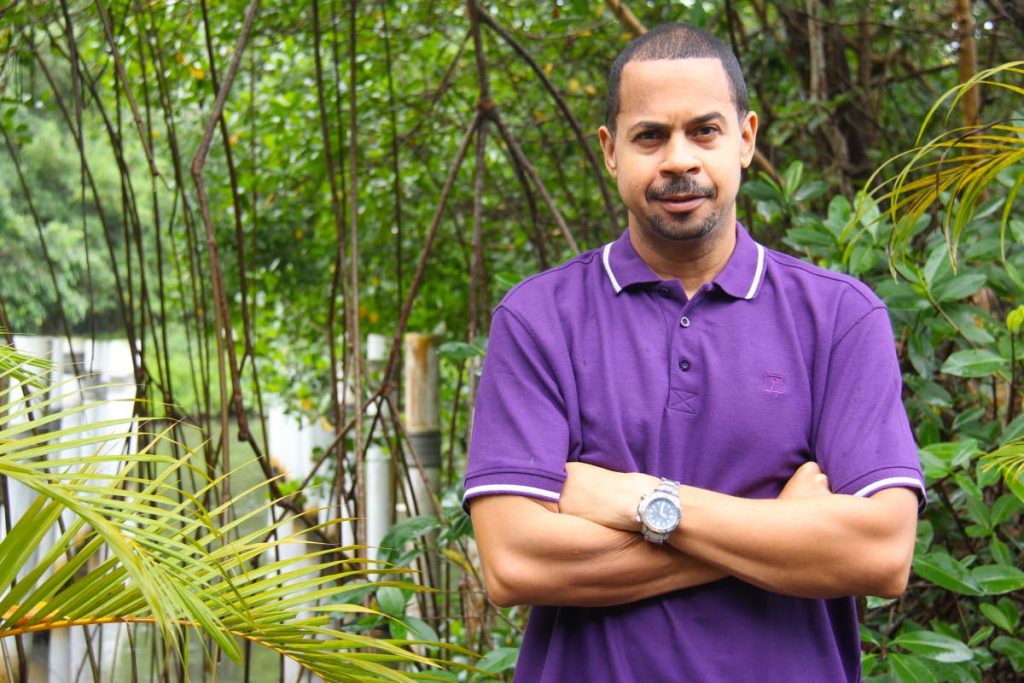Learning to learn differently

AS THE pandemic grinds on with no discernible end in sight we're beginning to adjust ourselves, albeit awkwardly, to the detritus left in its aftermath. Societies around the world are wrestling with questions of how to return to a life more familiar given that the omnipresent menace hasn't weakened in its resolve.
Children's education is another casualty of the pandemic. Many parents worry that their children’s development has been derailed. Additionally, some fear lost opportunities for the nurturing of socialisation skills. Children without the benefit of the schoolyard dynamic will probably become feral or at least crippled by a shyness that is criminally vulgar. Others still perhaps just want their children out from underfoot.
Covid19 has excelled at dividing society into distinct groups – the vaccinated and unvaccinated. As such, complicated matters like education in a pandemic are often processed through those limiting perspectives.
As TT steps gingerly towards reopening schools, our vaccination rate remains low. This is likely to stay this way for a long time.
It's one thing to badger adults to “get vaxxed!” Pressuring them to vaccinate their children is another matter altogether. Parents are legitimately concerned and dismissing them as dullards provokes predictable responses. Moreover, the Government raising the spectre of vaccine mandates among children certainly hasn't poured any oil on those turbulent waters.
These are complex issues requiring a studied approach. As we tussle with vaccine schisms, the world marches on. Society has already lost so much to this contagion. It simply won't do to allow the education and consequently the futures of so many children to slip through the cracks.
Some parents prefer to keep their children unvaccinated and at home and would like to see live streaming of in-person classes. This is impractical for several reasons, chief among them being the prohibitive cost of outfitting classrooms with the cameras and other accoutrements of digital education infrastructure.
As vaccine hesitancy among some parents and teachers persists, it's perhaps worthwhile considering a hybrid education system. Why not pair teachers who don't want to be vaccinated with children who aren't vaccinated? The Ministry of Education could establish a unit to manage virtual schooling catering to this cohort within the system.
Such a unit could oversee the creation of virtual schools in different regions. Some parents prefer to have their children stick with the online education model. Indeed, there is anecdotal evidence that certain children thrive outside the conventional classroom.
Imagine yourself as a bullied child facing fresh torments with each new day at school. Now consider a life of learning without that schoolyard scourge at your back, ambushing you in the bathroom or beneath the stairs.
Similarly, while there is no shortage of teachers who will tell you adapting to online schooling is the nearest approximation to coal mining, many others have adapted favourably. Put these teachers and students together in a parallel, virtual system.
The ministry can also investigate rendering syllabuses of certain subjects as online courses. Students would be able to access the material anywhere and at any time.
Recently I stumbled onto a promotional video on Facebook for creative writing online coursework. The course was created by a Trini teacher who looks to be in her 20s. She developed creative writing modules for students preparing for the SEA examination. The video presentation is engaging, professional and structured.
This young teacher also invites students to ask questions through the online platform where the course is hosted. It's also clear her on-demand creative writing lessons were put together with modest resources – no fancy cameras with the lights and all this. Still, the presentations are polished and eminently watchable.
Online education is growing globally. Making classes available to students who can access them on a secure Ministry of Education portal should seem like an obvious option to cater for those who aren't in a hurry to be vaccinated.
Virtual schools would also mean some children needn't be dragged like lifeless carcasses from their beds at ungodly hours just to make the daily pilgrimage to school. More children ensconced in online learning could reduce traffic congestion which drains our productivity and diminishes our quality of life.
Maintaining and developing our online learning capacity is crucial because when the next crisis hits we don't want to be caught scrambling the way we were when lockdown came around.
We must stretch ourselves to find creative solutions for today's challenges. The options are to learn from the pandemic to adapt to change, or ignore those lessons and stay trapped in a loop of predictable struggle and failure.

Comments
"Learning to learn differently"